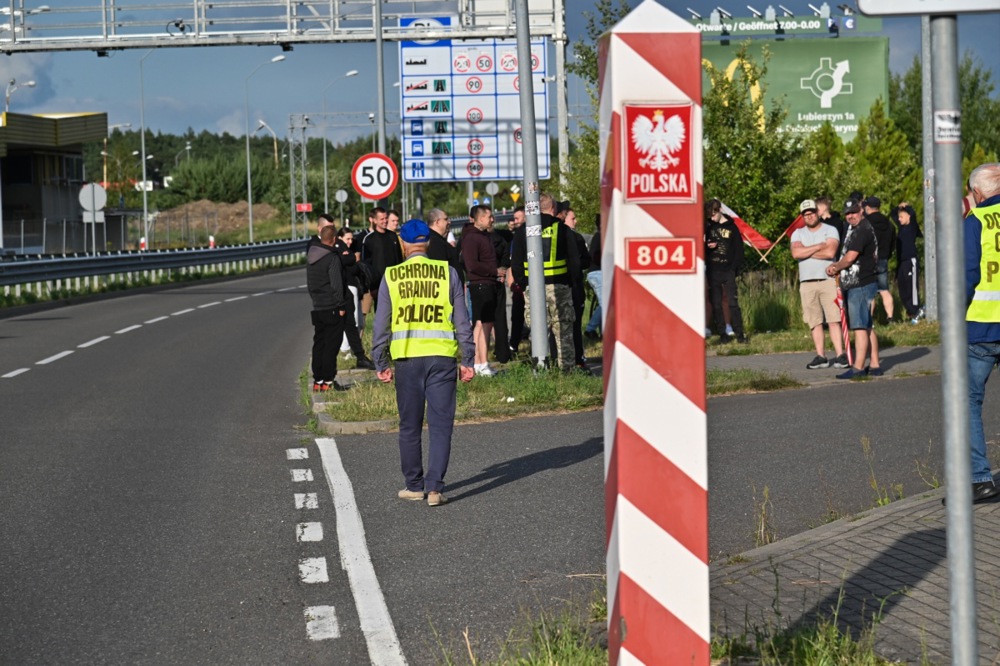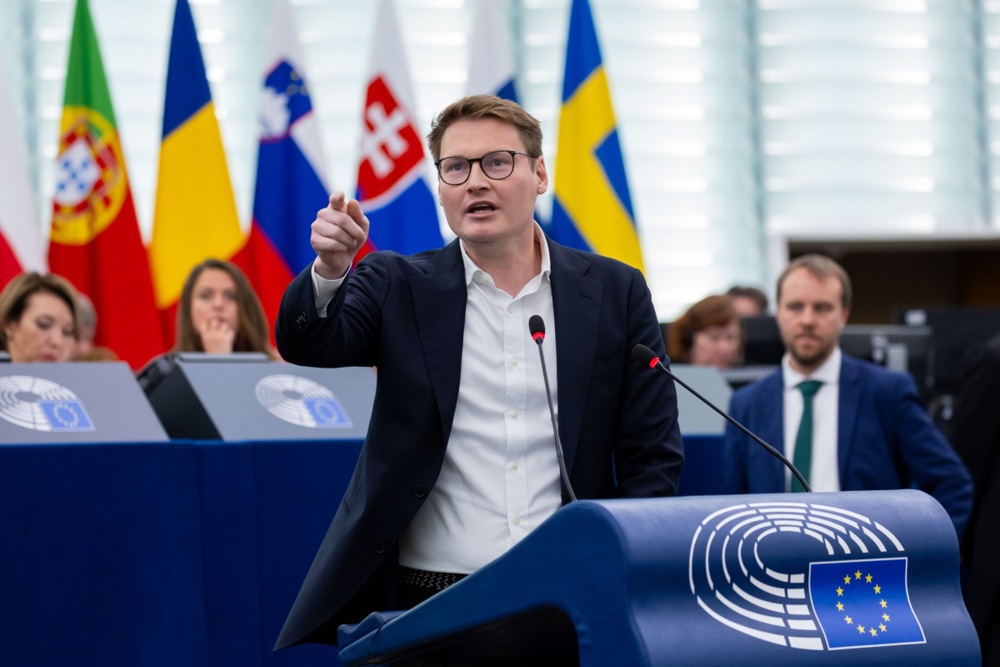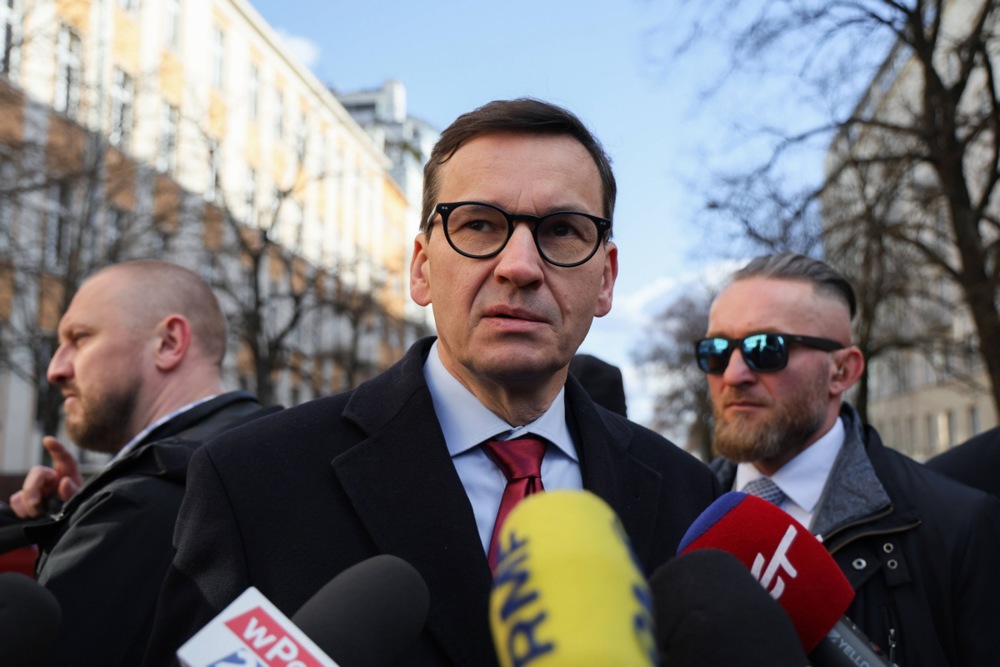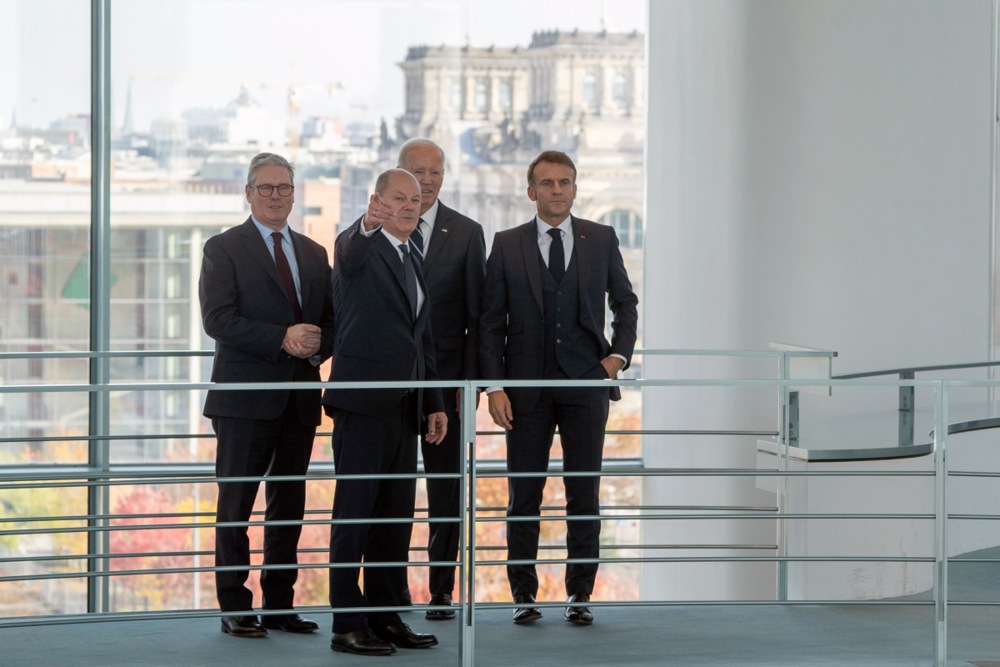An exhibition in Gdańsk on Poles who served in the German army during the Second World War has caused outrage in Poland.
Both Polish President Andrzej Duda and Władysław Kosiniak-Kamysz, defence minister in the centre-left government led by Prime Minister Donald Tusk, united in condemnation of the display.
The exhibition at the city museum in Gdańsk, organised in collaboration with the Second World War Museum in Gdańsk and the Polish Academy of Science, opened on July 12 under the title Our Boys.
It depicts residents of the region of Pomerania enlisted in the German army, the Wehrmacht. According to the museum, the exhibition “seeks to explain rather than judge” the people who ended up in the German army during the Second World War.
Pomerania is the region that runs along the southern shore of the Baltic Sea in what is today Poland. In the interwar period, parts of it were in Nazi Germany, some was in Poland and Gdańsk itself was then the Free City of Danzig.
Following Hitler’s invasion of Poland in September 1939, thousands of Pomeranians were conscripted into the German forces.
One of those who served in the Wehrmacht was Tusk’s grandfather Franciszek, a fact which surfaced during the politician’s unsuccessful bid for the presidency in 2005.
The Our Boys exhibition angered Poland’s opposition Conservatives (PiS)-aligned Duda and others.
“Portraying soldiers of the Third Reich as ‘ours’ is not only a historical falsehood but also a moral provocation, even if the photos of young men in the uniforms of Hitler’s army depict Poles forcibly conscripted into the German military,” said Duda.
“Poles, as a nation, were victims of German occupation and German terror, not its perpetrators or participants. Gdańsk, the place where World War Two began, should not become a stage for narratives that blur the responsibility of the perpetrators,” he added.
His views were echoed by PiS politicians with the head of the party’s parliamentary caucus Mariusz Błaszczak. He accused the Gdańsk city authorities, of “blatantly implementing Germany’s narrative.
“Our boys defended Poland and died by German guns; they did not put on Wehrmacht or SS uniforms,” he said.
Former PiS prime minister Mateusz Morawiecki in a post on X said: “What is happening in Gdańsk is consistent with a whole sequence of events that fit into the concept of obscuring true history and relativising the evil perpetrated by Germans on Polish territory”.
He added that Germany had for a long time pursued a strategy to share the guilt for the crimes it committed with other nations and wanted Poles to accept alleged German grievances with regard to post-war border changes.
Kosiniak-Kamysz said the exhibition “does not serve Polish interests or historic narrative” adding that it was Poland’s “heroes who defended the homeland against Nazi Germany who deserve exhibitions”.
However, the culture ministry defended the Our Boys exhibition, arguing that it “shed light on the fates of tens of thousands of Poles forcibly conscripted into the Wehrmacht and restored the memory of Poles whose agency was violently taken away and who were forgotten for decades”.
Gdańsk local government, which manages the Gdańsk Museum, has for decades been controlled by Tusk’s Civic Coalition. Both he and his party have been criticised for being overly sympathetic towards Germany and its interests.
Poland suffered under six years of German occupation during the Second Word War with six million Polish civilians, around half of whom were Jews, estimated to have been killed, representing 17 per cent of Poland’s pre-war population.





